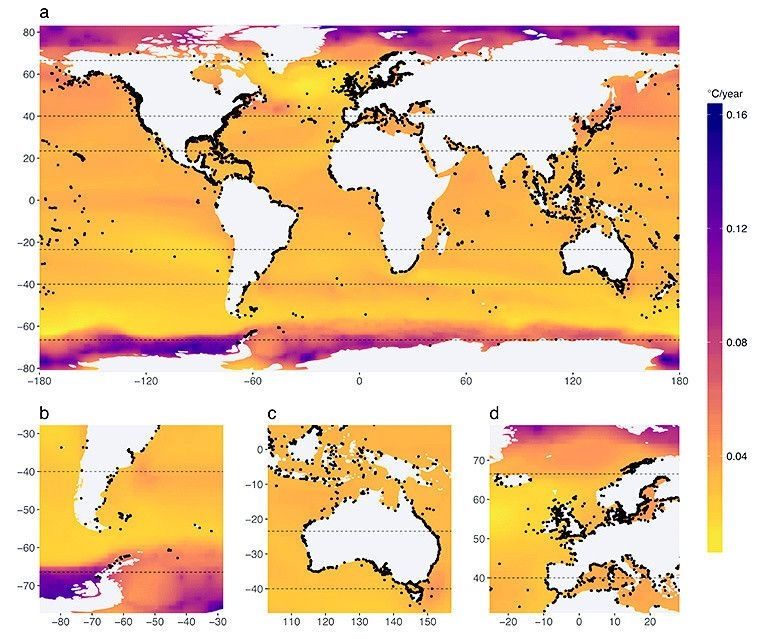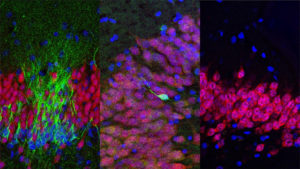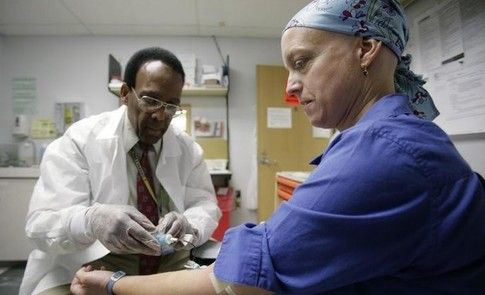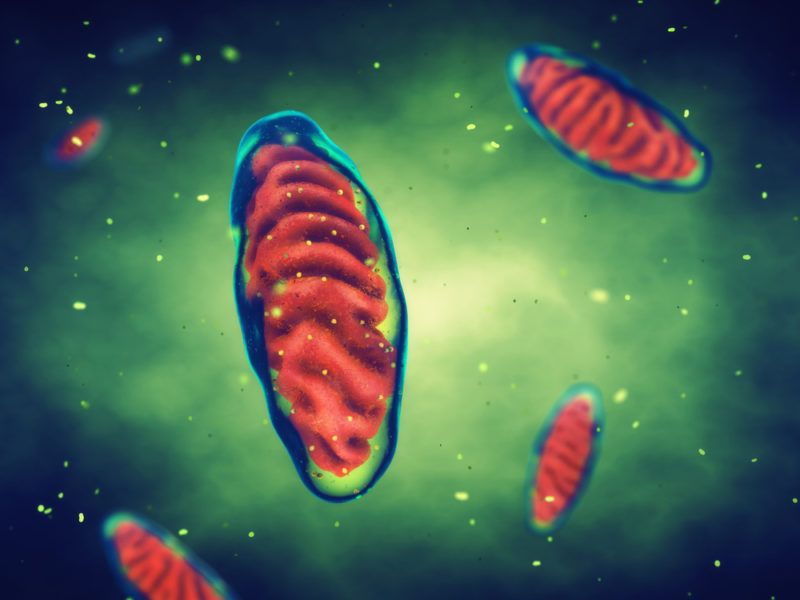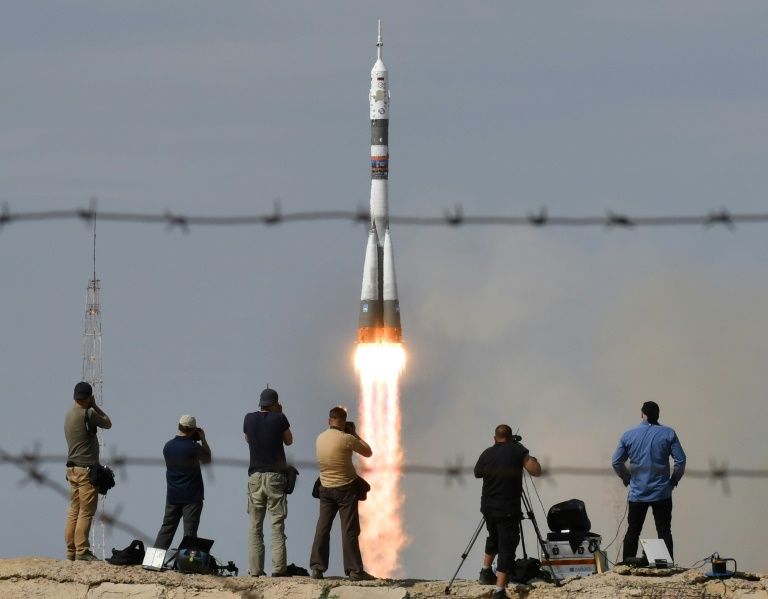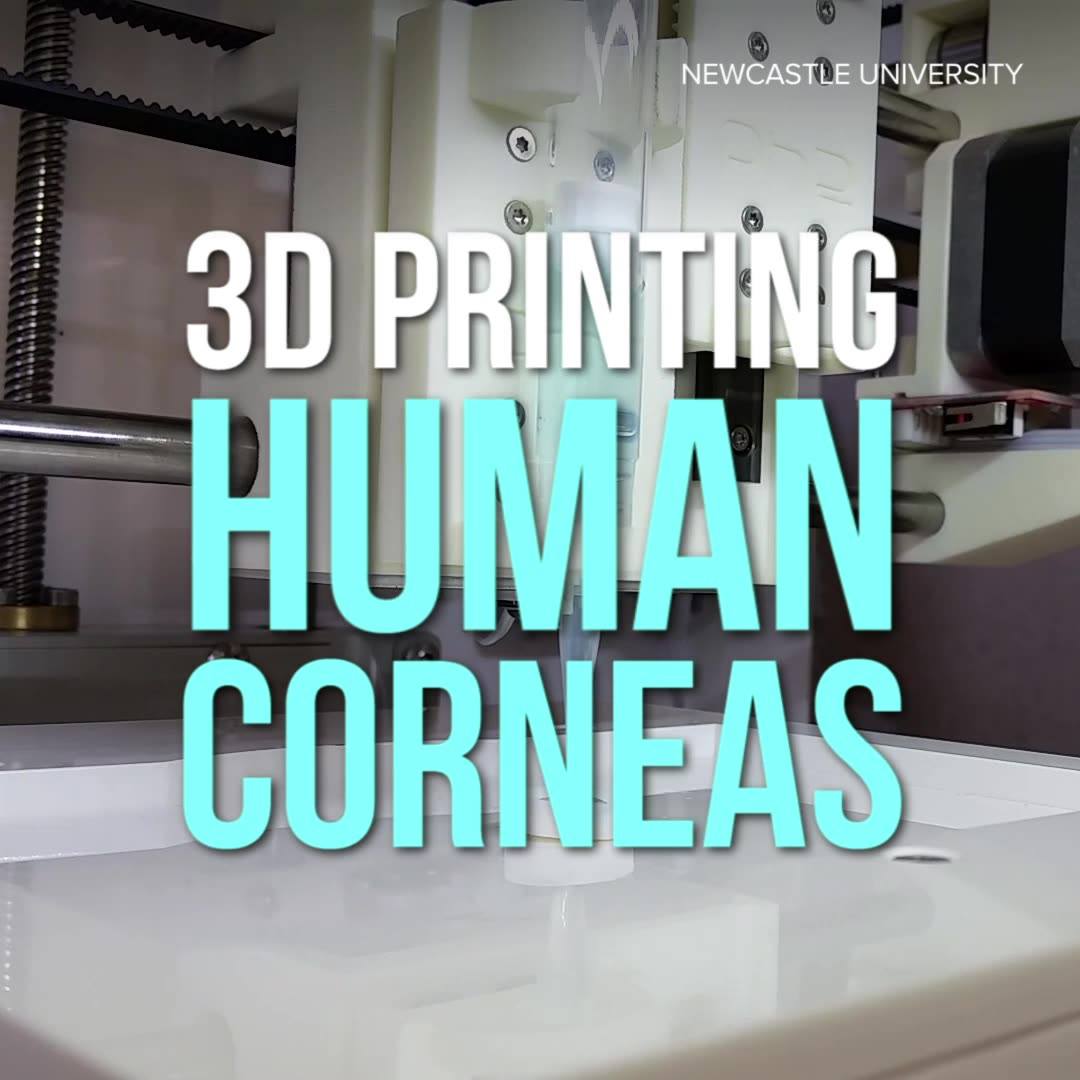Jun 7, 2018
The decline of our oceans is accelerating, but it’s not too late to stop it
Posted by Nicholi Avery in categories: economics, energy, sustainability
We shouldn’t underestimate the powerful attraction of a ‘sustainable blue economy’, which – I firmly believe – will feed and support the lives of our children and those who come after them. Getting it right – whether through aquaculture, offshore energy, green shipping or ecotourism – is vital not just for SDG14, but for the future of the global commons, and for humankind itself. To do this we must move with purposeful steps. Here are five that could be taken immediately.
Curtail subsidies
Let us stop throwing good money after bad, and resolve to prohibit subsidies that support harmful and illegal fishing. A critical opportunity to eliminate them is looming at the 2019 ministerial meeting of the World Trade Organisation. It must not be missed.
